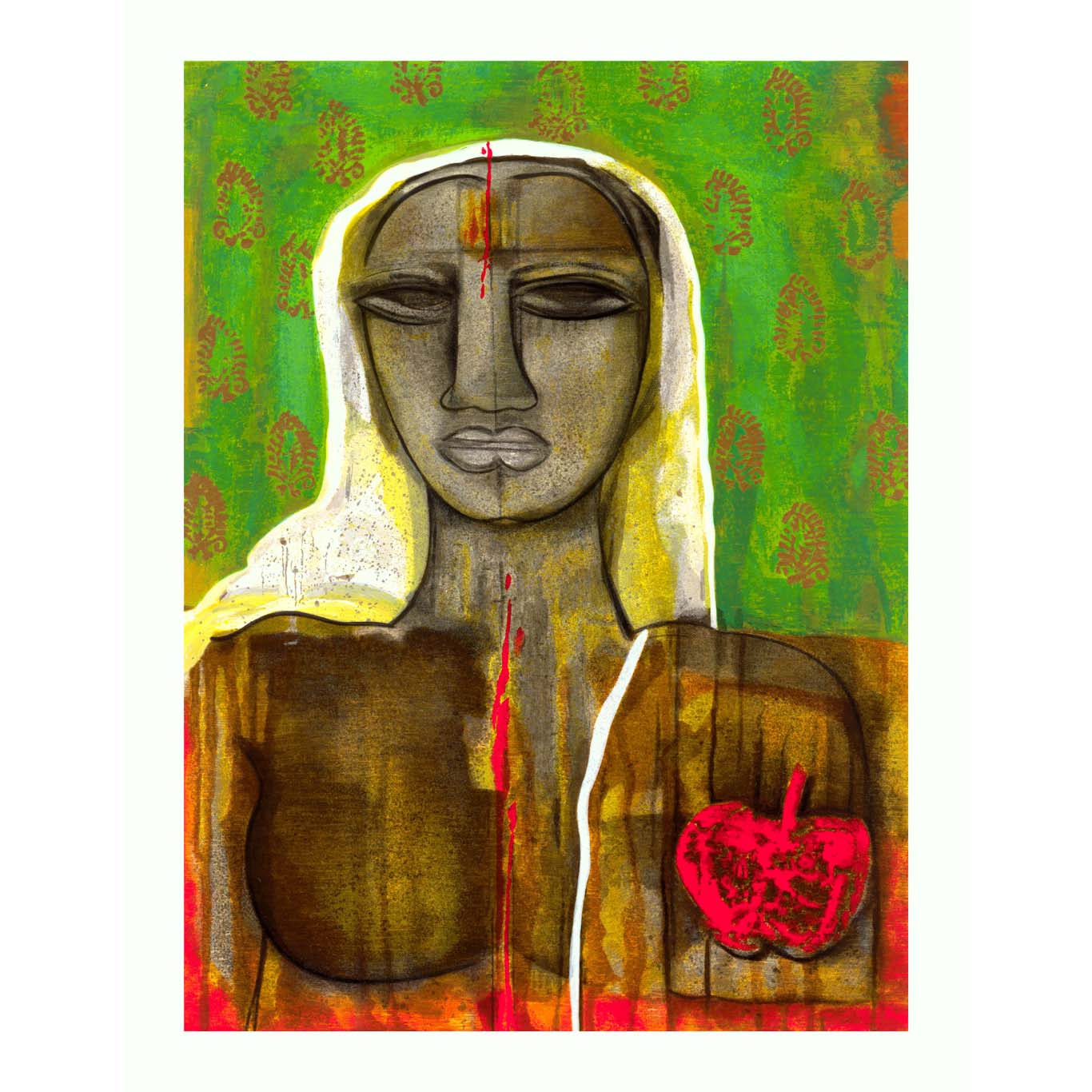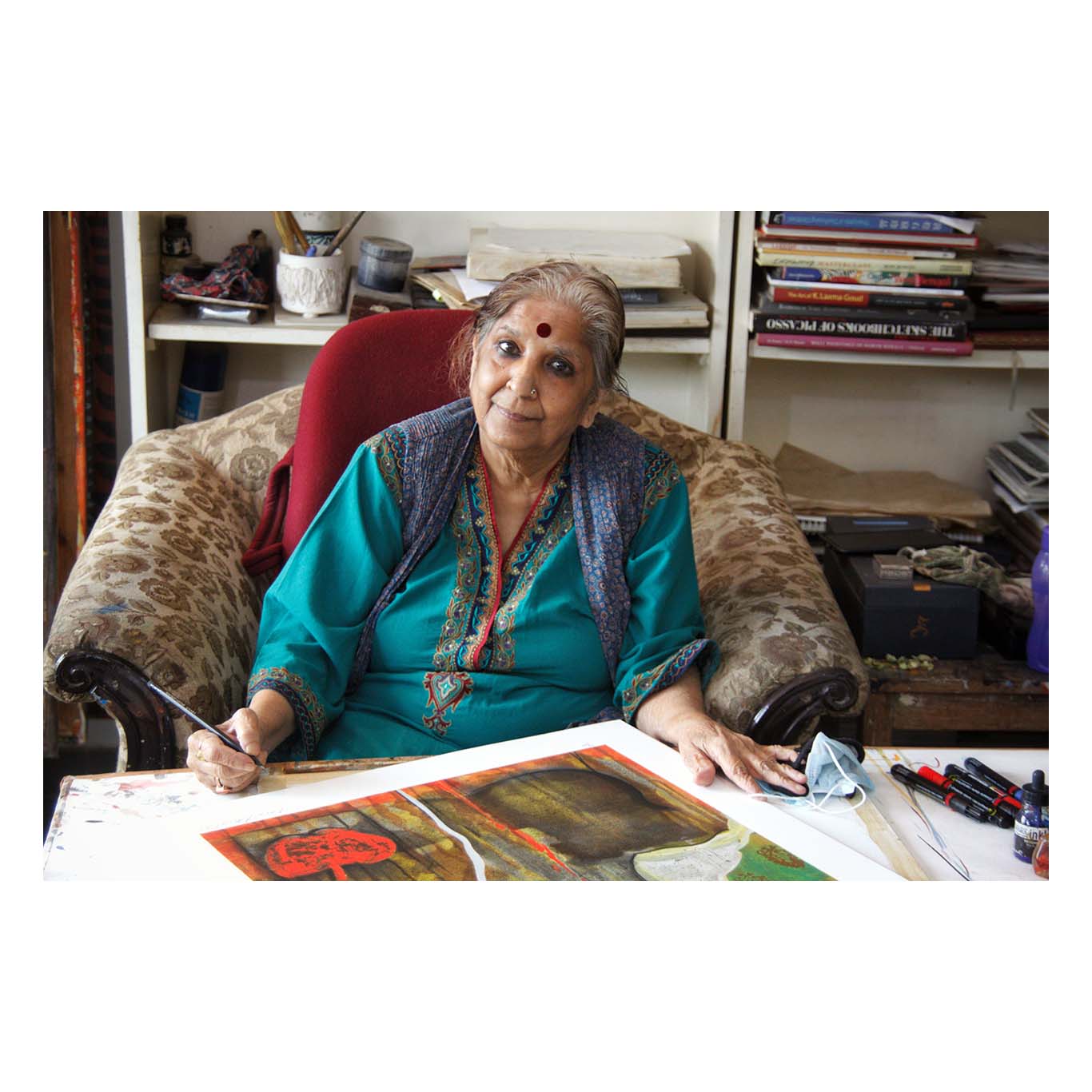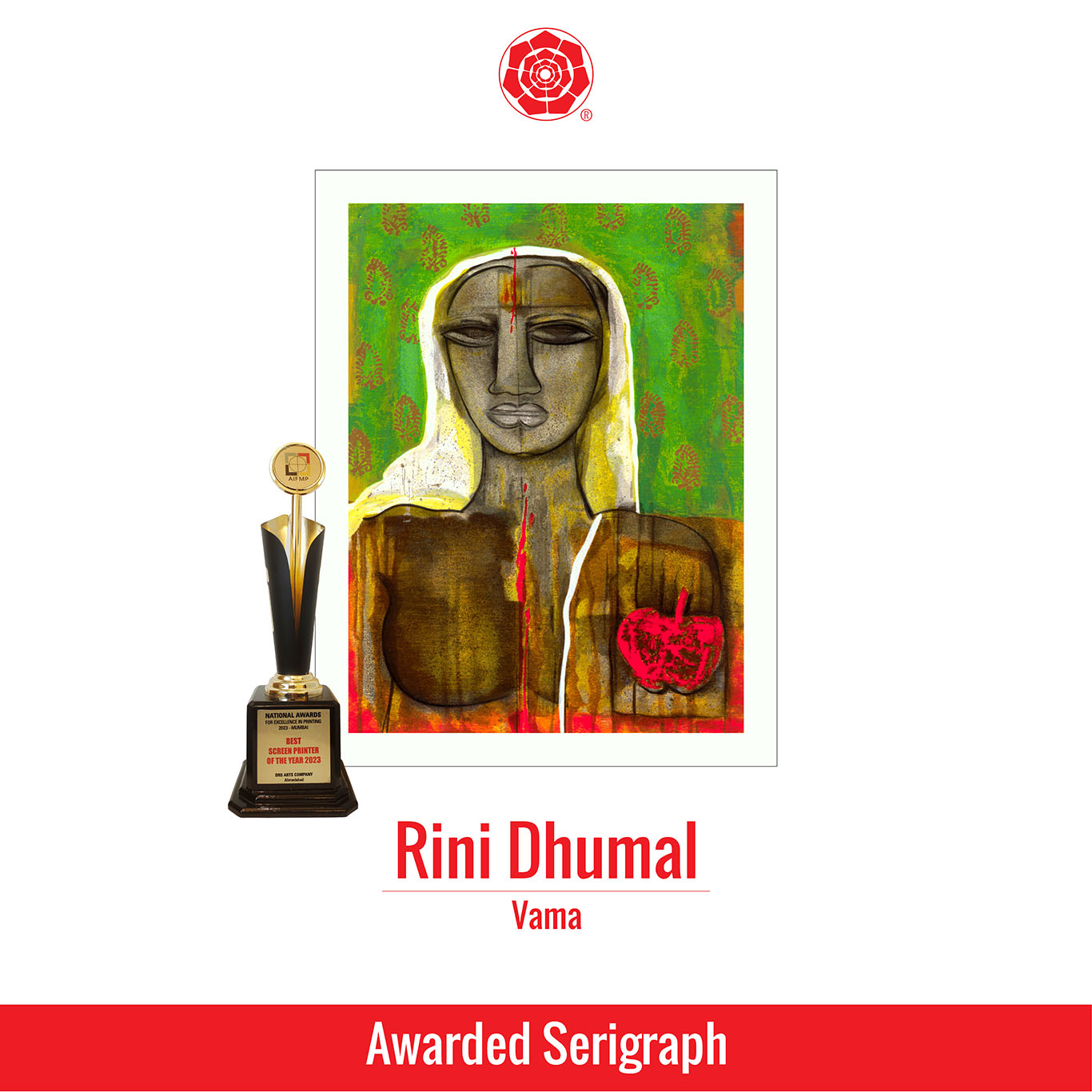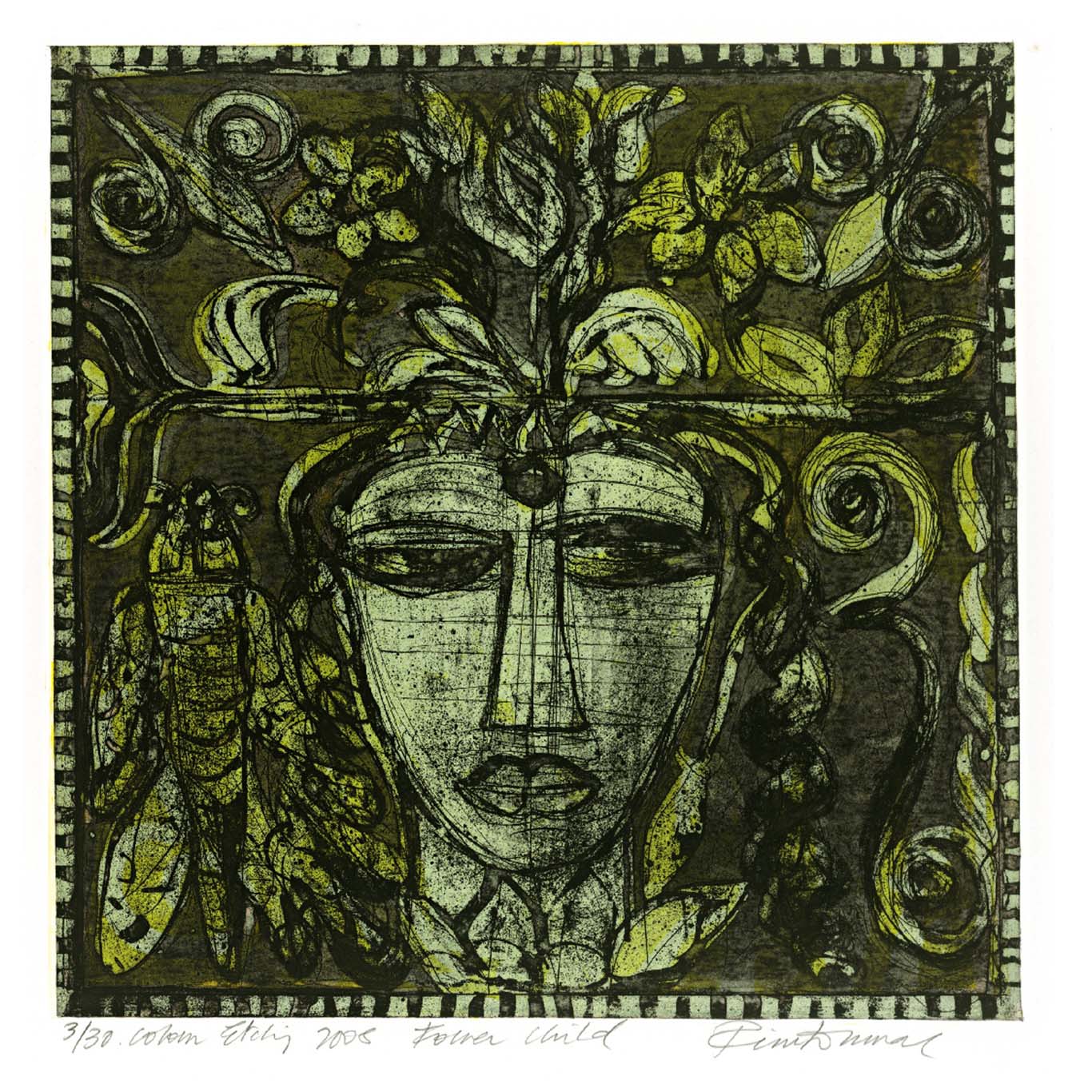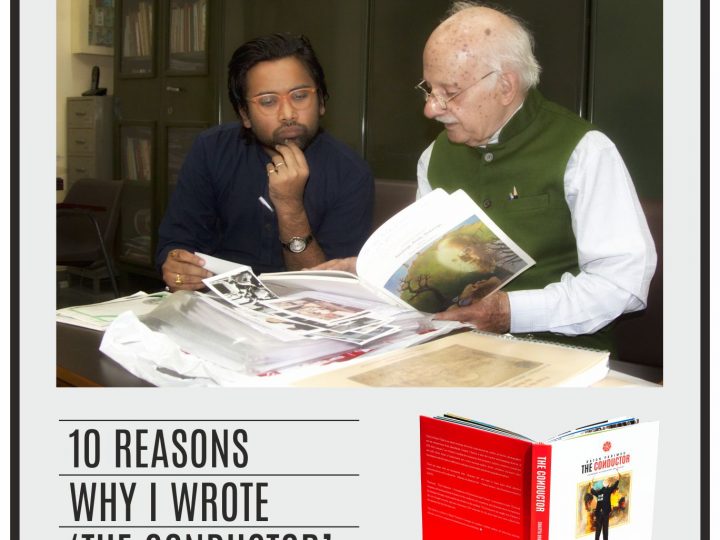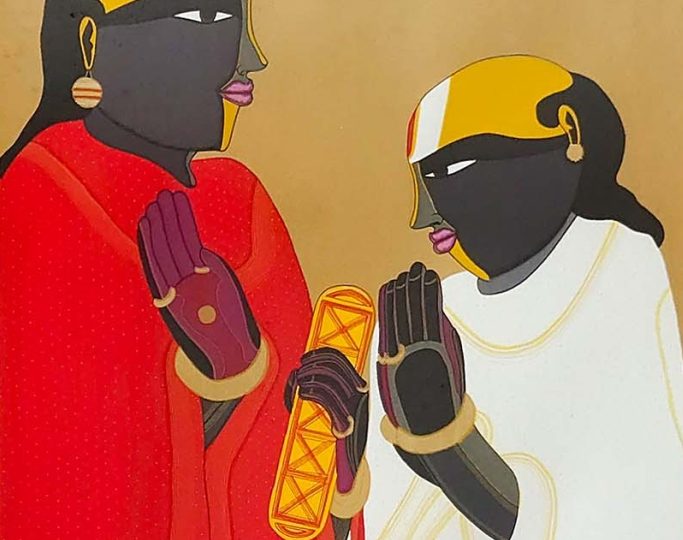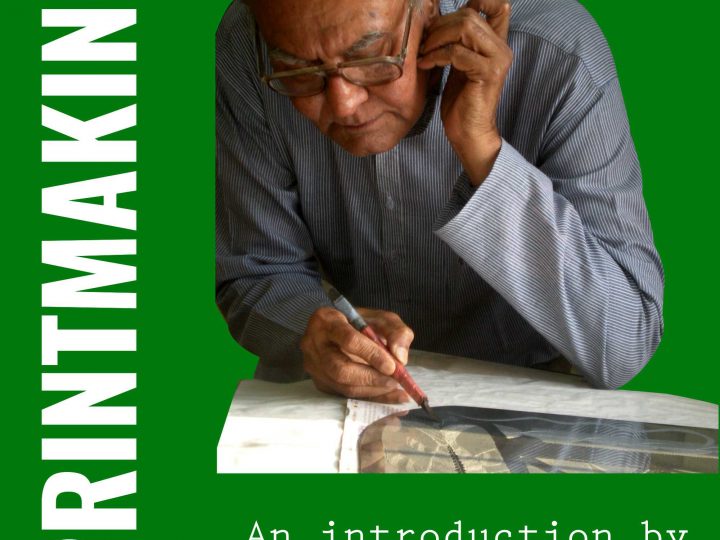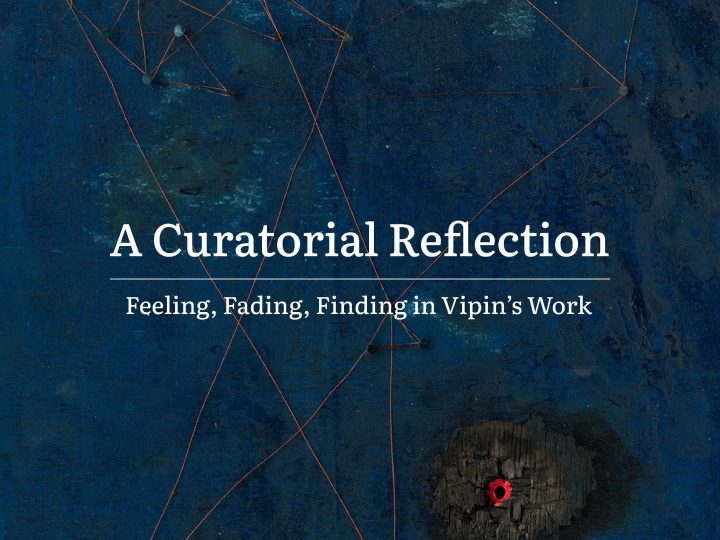Born in 1948 in Rongpur, Bangladesh, Rini Dhumal pursued a BA in painting and later earned her MA in Printmaking from the Faculty of Fine Arts at Maharaja Sayajirao University, Vadodara. She further honed her craft under the renowned printmaker Sir Stanley William Hayter at Atelier 17 in Paris and worked alongside the esteemed printmaker Shri Krishna Reddy.
The multi-layered central character in Dhumal’s artworks represents power and sensitivity. Her compositions revolve around this character, using symbolic vocabulary to explore various facets of womanhood. At first glance, the strong depiction of womanhood suggests a bold representation; however, much like the layered tones in her work, the subject reveals deeper complexities. The powerful feminine figure in black symbolizes Shakti, while a soft sensuality evokes the Shringar rasa.
Artworks like these enhance human sensibilities, prompting reflection and dialogue. Some may argue that this style connects to esoteric art. To better understand Dhumal’s work, we can break it down into its elements. Different cultures, mythologies, folklore, and communities tell diverse stories, and women are often seen as metaphors for love, beauty, desire, fortune, and triumph. Their attributes, encompassing both spiritual power and physical beauty, are often depicted in shades of green.
The apple serves as a powerful symbol of life, representing spirituality, peace, love, and sexuality. When rendered in red, it signifies female beauty and is often associated with the female breast, a connection that is evident in this piece. The decorative golden wooden blocks reflect the Shringar rasa, evoking emotions ranging from compassion to warmth and love.
Ultimately, Dhumal’s work captures a blend of power and beauty, deeply rooted in Indian sensibilities while resonating with universal themes and emotions. Sadly, Dhumal passed away in Vadodara, Gujarat, at the age of 73 in 2021. Her significant contributions to printmaking in Indian art will be remembered for generations.
Photos and Text © Chaitya Dhanvi Shah
printing, distribution or copying of this text/images without permission is not allowed.


